There are big plans for the 5000 tiny sugarbag native bees that have taken up residence in the school’s kitchen garden.
Teacher Lisa Barry said the hives were ready with honey pots so in summertime students should be able to sell their first harvest of valuable native bee honey.
But Ms Barry said the value of the bees goes far beyond fundraising and pollination – they are a metaphor for helping each other and looking after each other in the community.
Sustainability is more than a buzz word at Ipswich West State School. It’s a way of life that permeates students’ lives within, and beyond, the classroom.
Pictures (from top): Students Dustin Wilson and Harper Duff among the grean and leafy produce; Students Charlie Houle and Taylor Houle with one of the new native beehives; Students Amelia Barry and Jackson Hook in the school’s kitchen garden.
The school’s tuckshop lady, Bronwyn, draws on her skills as a qualified chef to run the school’s kitchen and cooking program. The garden provides the tuckshop with a supply of fresh produce.
Ms Barry said on Fridays the Year 4 students walk into the garden with Bronwyn and help harvest.
“For example, this week she is using kale – we have an abundance of Russian kale. And she will be making kale chips, kale dip, and that will be the hero vegetable this week,” she said.
“The children will go in and pick the kale, learn about which ones are better (the younger parts of the vegetable), learn how to handle it, learn how to cook it, and knife skills – they get a knife licence out of the program.”
Ms Barry said it was vital that harvesting and cooking was all seasonal – and flexible.
“It’s important that from time to time caterpillars come in and eat all the spinach we were planning to use, so the kids can talk about how can we rectify that?” she said.
“That bunch of spinach has been trashed, but the ones we’ve hidden among something else haven’t been touched. So it’s the old style kitchen garden, and moving away from herbicides and pesticides, and anything that could harm our beautiful bees.”
Ms Barry said learning about money was part of the curriculum, but incorporating the fresh produce stall took the lessons even further.
“We can propagate strawberries plants and succulents, which we can sell for $2 each. All this maths comes into it – if you have 20 plants and you are able to sell them, all of a sudden you have $40. And they say ‘wow, that’s cool!’ And guess what – the succulents do that for free! So it’s that idea of reusing what we already have.”
The students have taken the re-use aspect of sustainability to heart. The garden is peppered with unusual donated items with everything from Eskys to tea cups used to grow plants.
What I have noticed over the years, children from all those different backgrounds, what they share in common with that love of gardening is their willingness to contribute
Lisa Barry
Ms Barry said a range of children gravitated to the garden, from mainstream students to children with special needs or learning or intellectual difficulties.
“What I have noticed over the years, children from all those different backgrounds, what they share in common with that love of gardening is their willingness to contribute,” she said.
One girl in Grade 3 brings flower seed specimens from her Grandma’s garden, and is so excited about her contribution.
Other times parents or people from the community have come and volunteered in the garden, and there have been many generous donations from individuals, local business and organisations.
Community Support Worker Carlotta Graham said the garden was a space that could be used in many ways.
“If we have a student who does need to de-escalate and is going through a bit of a hard time, instead of always meeting with them in an office space where it can be quite clinical, we can walk with them (though the garden),” she said.
“And they will be touching things, feeling things, and we can just talk to them. And it just calms them down and brings them back into the here and now.”
Select students from each class are wearing pedometers, with the class reaching the most steps by the end of the program winning a shared healthy morning tea.
Sometimes everyone – parents, students and community members – meet at 8am and go for a big group walk around the school to promote active travel.
The school will also trial a dedicated bus service for Ipswich West students, to encourage more families to use public transport.
Ms Graham said a dedicated bus service would solve a lot of problems, such as safety and congestion in school zones, as well as being a good initiative environmentally.
Learn more about council's HAST program
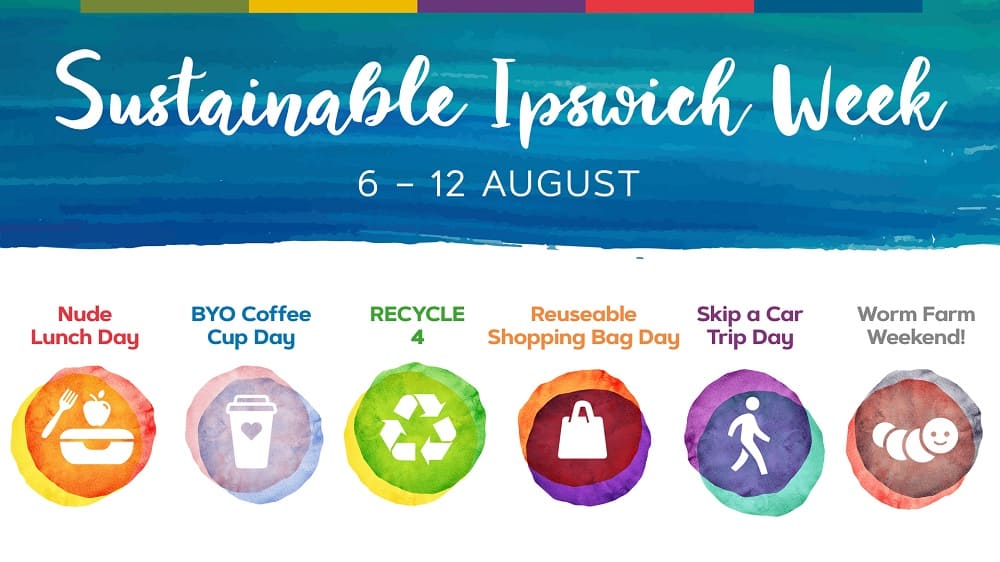

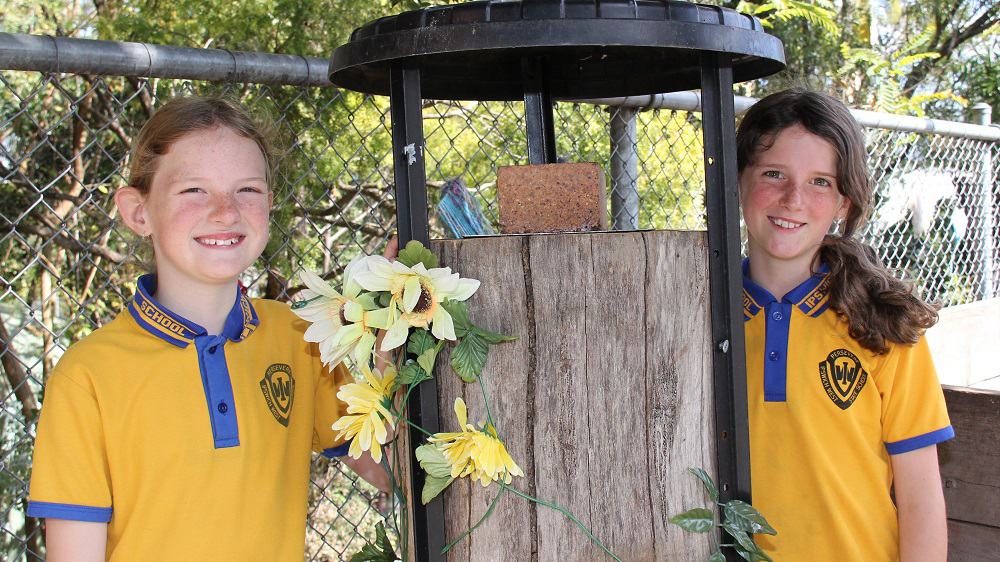
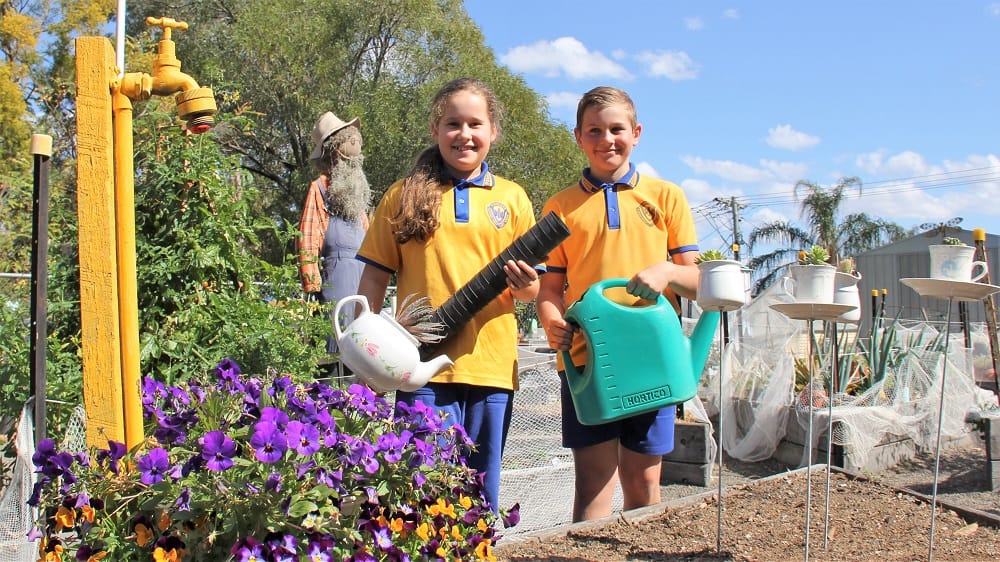
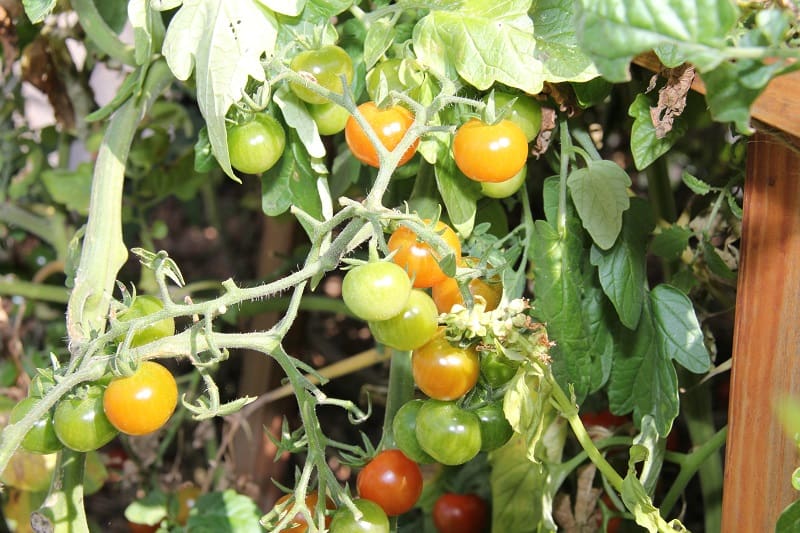
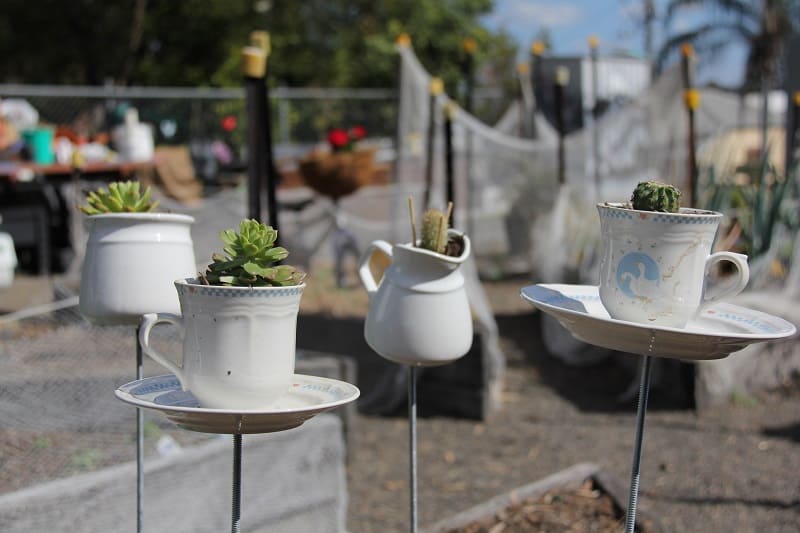
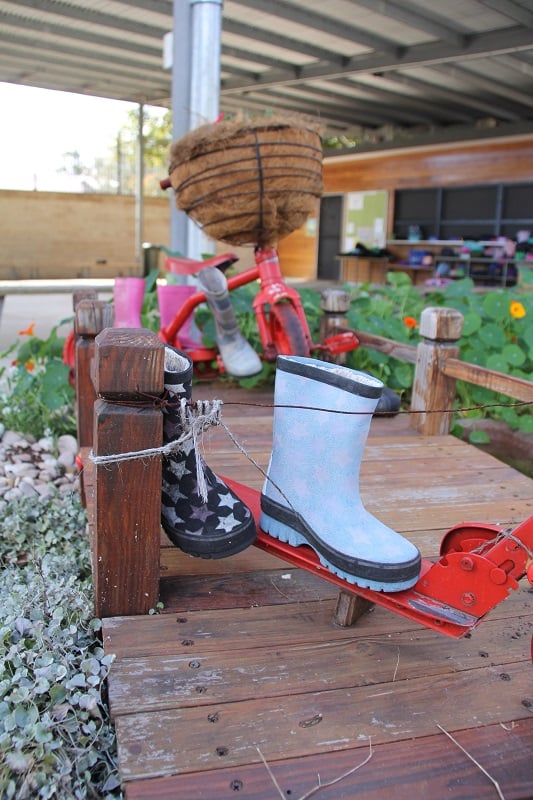
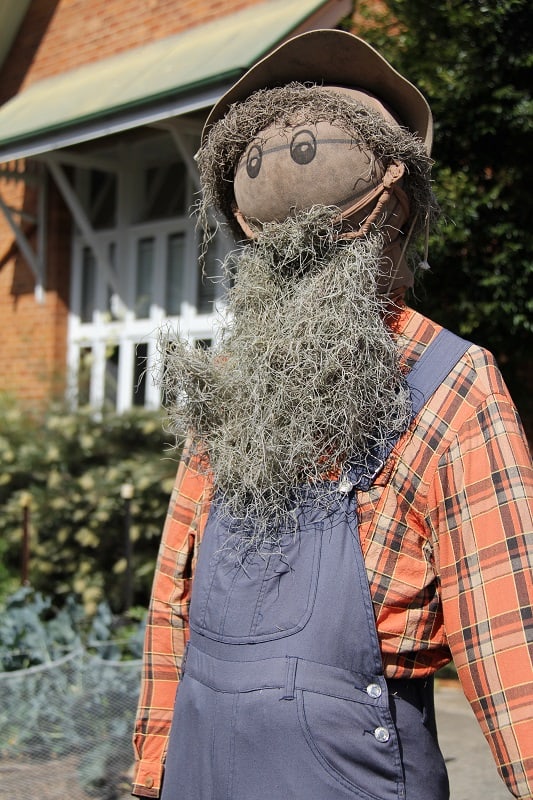
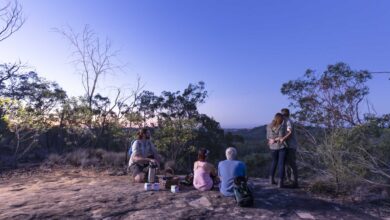
4.5